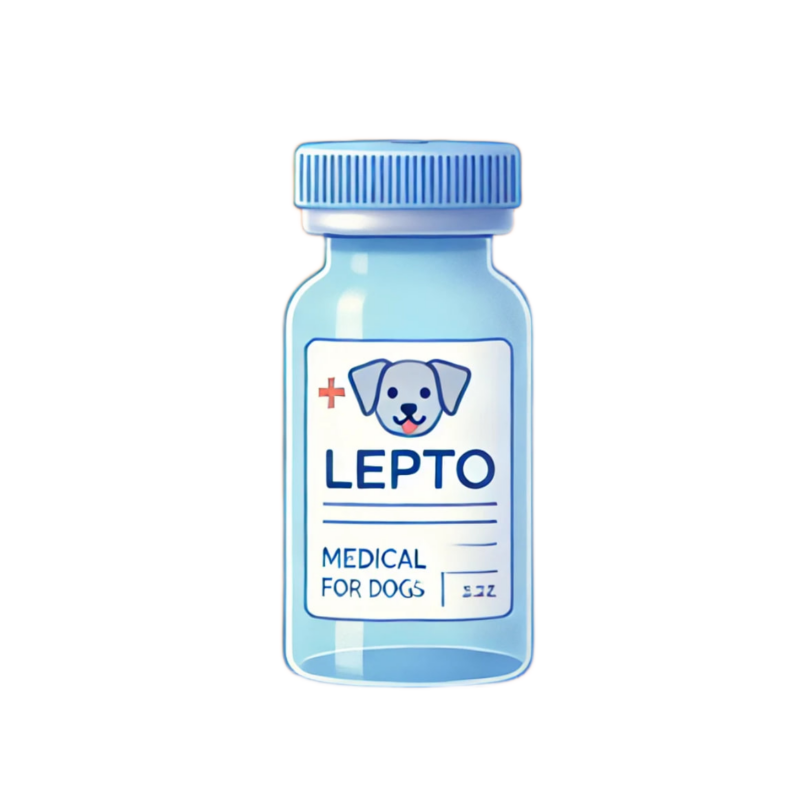
Transporting animals to/from Georgia requires careful preparation and compliance with international regulations to ensure the comfort and safety of your pet. This guide will walk you through the basic steps of transporting a pet, including moving dogs, cats, rabbits and other pets.
1 Planning and documents
The first step in planning your pet’s transportation is to collect the necessary documents. The basic requirements include:
- Microchipping: Your pet must be microchipped. The chip must comply with ISO 11784 or ISO 11785.
- Rabies vaccination: Pets must be vaccinated against rabies at least 21 days before travel. If the pet’s age is less than 12 weeks, a special permit may be required.
- Additional mandatory vaccinations In addition to rabies vaccination, when transporting animals, it is important to make sure that your pet is vaccinated against other dangerous diseases. Dogs usually require vaccinations against:
- Distemper
- Hepatitis
- Parvovirus
- Leptospirosis
To make it easier for you, the stickers for these vaccinations are usually labeled as “DHPPi” (distemper, hepatitis, parvovirus and parainfluenza combined vaccine) and L (leptospirosis).
For cats, vaccinations are important against:
- Calicivirus
- Panleukopenia
- Rhinotracheitis



These vaccinations not only protect pets from diseases, but are also mandatory for crossing borders in most countries. Consult your veterinarian for a list of required vaccinations depending on your destination country.
- Veterinary certificate: Your pet must have a valid veterinary certificate confirming its health. This document must be issued by a veterinarian no later than 10 days before travel.
2 Additional requirements for rabbits and other small animals
For animals such as rabbits, it is important to check the requirements as some countries may have special regulations. For example, rabbits may be subject to specific transport restrictions and you may need a special permit to transport them. It is recommended to contact the Georgian authorities for exact information, https://www.rs.ge/BorderCrossing?cat=9&tab=2.
3 Selecting a vehicle
- Air travel: Most airlines, including Delta, American Airlines and others, allow small animals, such as cats and rabbits, to be carried in the cabin under certain conditions, including the use of an approved carrying container. Larger animals must travel in the hold or cargo compartment, which is climate-controlled.
- Road transport: If you are transporting your pet by land, make sure it has all the necessary documents and vaccinations. It is important to follow safety rules, such as using special cages or belts for animals.
4 Procedures at Customs
To cross the border with Georgia, your animal must pass veterinary control. You may need the following documents at the border:
- Rabies Vaccination Certificate.
- International veterinary certificate.
- Proof of treatment against internal and external parasites
5 Rabies antibody titers
If you plan to transport an animal to a country that requires rabies antibody titers (for example, EU countries), you must:
- Pass a blood test to determine antibody titers in an accredited laboratory. In Georgia, you can take a blood test at veterinary clinics, which then send samples to laboratories in Germany.
- This test is performed 31 days after rabies vaccination, and the result must show sufficient antibody levels for protection.
- After receiving a positive result, 90 days must pass before you can cross the border of the country that requires titers)
6 Obtaining a veterinary certificate for departure (flying) from Georgia
If you are leaving Georgia with your pet, you must contact a state veterinarian. It is necessary to obtain a veterinary certificate for departure, which will confirm the animal’s health and compliance with all requirements of the destination country. This certificate must be issued by one of the authorized state veterinary clinics in Georgia. It is important to note that blood can be taken for antibody titers in such clinics, and the samples are then sent to accredited laboratories in Europe, for example, Germany.
Important tips:
- Make sure your pet feels comfortable in the carrier.
- Inform the airline or transport company in advance about transporting your pet.
- Find out about any possible breed restrictions, especially if you have a short-faced dog or an exotic animal.
These steps will help you avoid unnecessary complications and ensure a safe trip for your pet!

